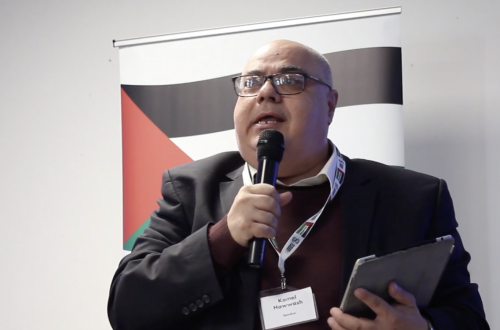This is a cross-post from Sarah AB
In a previous post I noted that it wasn’t quite enough to consider whether actions taken against Roma individuals or communities might be right or legal in themselves. The wider patterns also had to be taken into account. Are Roma being targeted differently from other people? What motives might lie behind such scrutiny?
Thus although the dismantling of Roma camps in Milan might conceivably be defensible, the words of Milan’s vice mayor, Riccardo De Corato suggest that the actions are not simply a neutral response to a crime or public order problem. “These are dark-skinned people, not Europeans like you and me.”
It is often asserted that actions against Roma are not racist, but a legitimate response to problems inherent in Roma culture. Roma who choose to integrate, it is argued, would be welcomed. But, as Anthony Faiola reports, this does not seem to be the case in Milan.
“Privately, even some in Triboniano say the camp maintains an unemployment rate of more than 60 percent and is home to some engaging in criminal activity. But Ilie, a carpenter who left Romania for Italy with his family in 1999, said Roma are being painted with a broad brush and that many, like him, are eager to integrate.
His children – Ana Maria, 16, and Luigi, 11 – no longer speak their native dialect. Both go to Italian schools and have Italian friends. “I don’t care what happens to this camp anymore; what I care about is my family,” he said. “We want to integrate, but they won’t give us the chance.”


